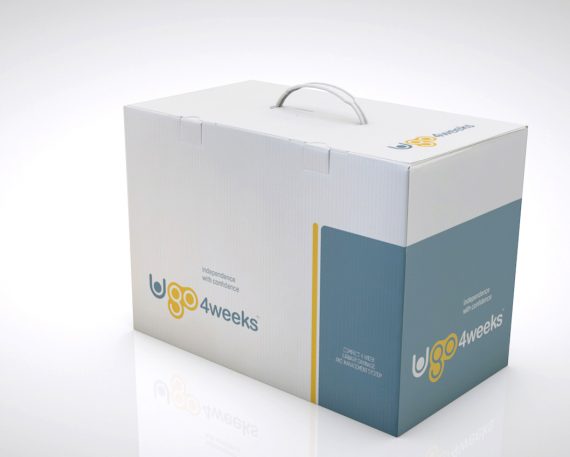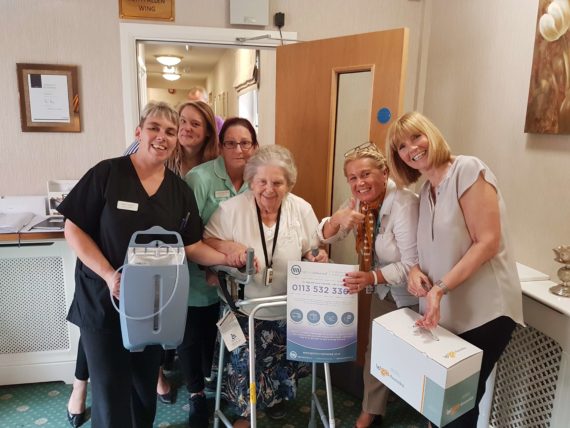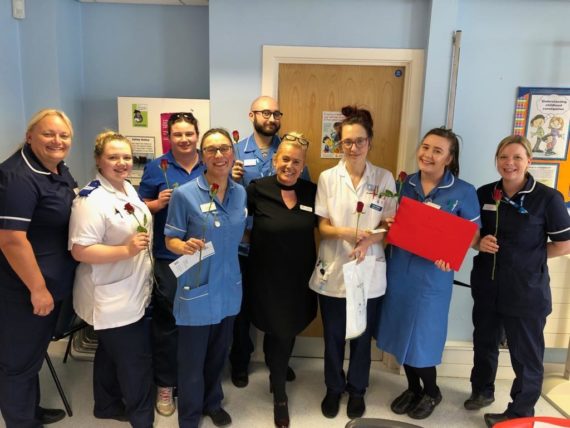Coming to terms with a diagnosis
Receiving a diagnosis of a condition which negatively affects your health can come as a shock, particularly if you’ve always considered yourself to be healthy. There are steps you can take to make this often-difficult time easier to manage, or at least break it down into more manageable chunks.
Support from friends and family
Sometimes you might be attending a doctor’s appointment where you’re expecting to receive a diagnosis. For example, if you’ve had recent tests performed. Is there someone you trust who you could take along to the appointment with you for support? They wouldn’t necessarily need to come in for your appointment (unless you wanted them to, of course). Sometimes if you’re expecting to receive a diagnosis, it can be good to have someone there to voice things to afterwards – or maybe just give you a lift home so you don’t have to worry about driving if your mind is elsewhere.
Knowledge is power
If your diagnosis comes as a surprise, you might be given information following the diagnosis which is hard to take in, as your mind is too absorbed thinking about what you’ve just been told. Your doctor will be able to make sure any crucial information is written down so you’re able to refer back to this after your appointment. You could also take a notepad and pen along to your appointment if you’d like to make notes yourself.
Well-informed is well-armed, as the saying goes. It’s important you understand your newly-diagnosed condition so you’re able to take steps to manage it effectively. Your GP or nurse may be able to provide you with some printed literature to take away and read in your own time. If you’re researching your condition online, ensure you’re only reading reputable sources (such as NHS Choices, or a charity website which specialises in the area of your condition i.e. The Urology Foundation, for example). It almost goes without saying, but there’s a vast amount of factually-incorrect information on the internet so it’s imperative you question the reliability of the sources you’re reading.
Don’t keep things bottled up if you need to talk
There’s no right or wrong way to react to a diagnosis, and it’s something which is very personal to each individual. You might want to talk to someone about it straight away, or you might want to spend some time thinking about it on your own and processing this news before telling anyone else (if you choose to do so).
Some people may decide to confide in partners, friends or family members. Many health-related charities have helpline numbers which are manned by very knowledgeable and supportive staff, so if you’d prefer to talk about it but with someone more impartial, this can be a good alternative. They’re also well-placed to make you aware of any support services you may be able to access.
Finding your ‘new norm’
As you start learning the best ways of managing your newly-diagnosed condition, you can start to establish your ‘new norm’. Life may be different to how it was before. You may need to remember to take regular medication. For many people we speak to at Optimum Medical, it’s the adjustment of learning to live life with a catheter.
#ConversationsAboutContinence
Last year, we launched our #ConversationsAboutContinence campaign, with the aim of challenging the taboo surrounding talking about continence issues by encouraging more open conversations on the subject.
In the video below, you’ll hear some stories from individuals who have had to adapt to their ‘new norm’ after receiving a diagnosis which has had an impact on their day-to-day lives.
Do you have a story to share?
We’re always listening! You can speak to us on 0113 487 3946, email hello@optimummedical.co.uk or alternatively, follow us on Facebook and Twitter by searching for ‘Optimum Medical’.


